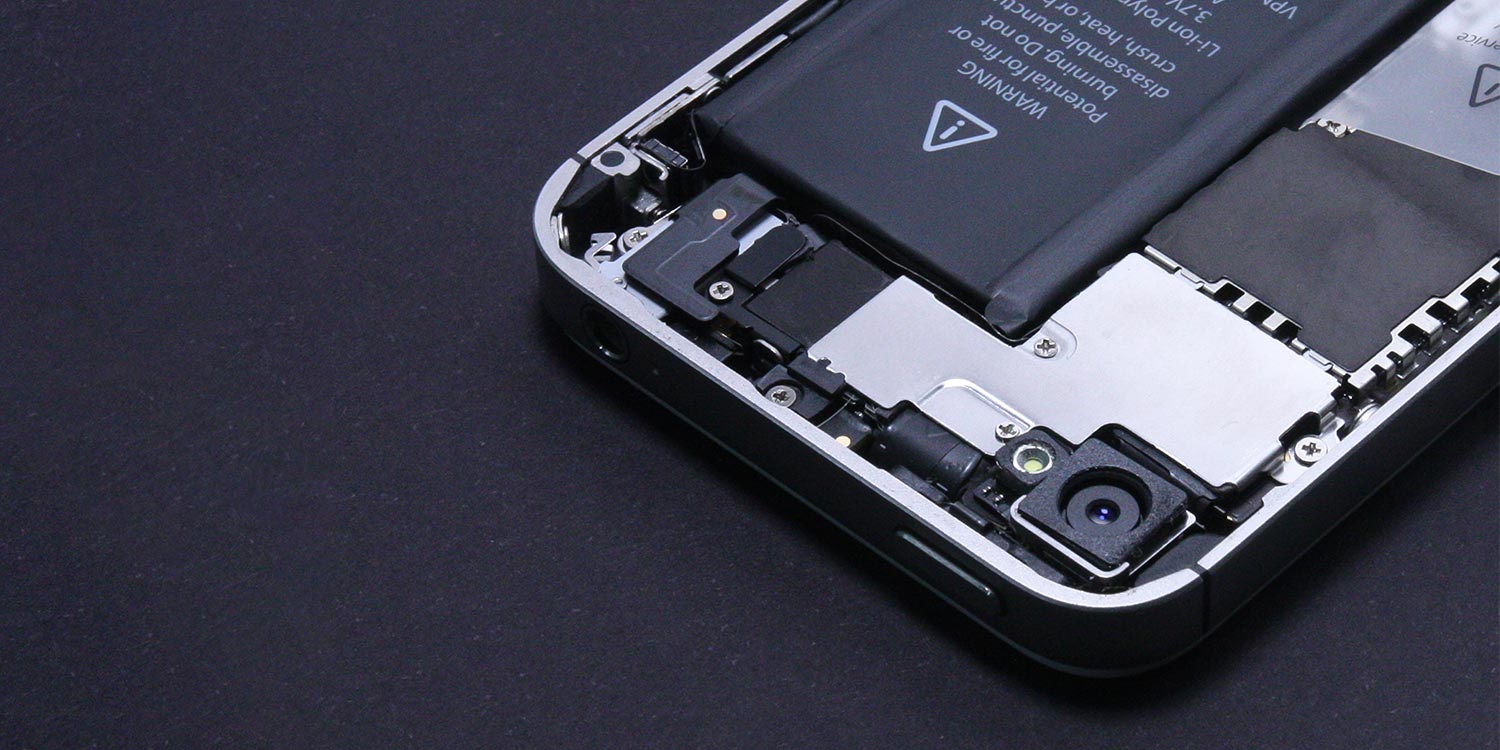I like big batts and I cannot lie (sorry)
Apple has long favored thinness over battery life, much to the annoyance of many customers. Historically, its design team (headed up by perfectionist legend Jony Ive) would rather shave another millimeter off the chassis than use that space to cram in a slightly larger battery.
But Jony Ive is gone, and according to a report from Digitimes, it seems as though Apple may have finally discovered a way to have its cake and eat it.
That’s because it plans to increase the adoption of a new type of chip in its core products – iPhone, iPad, and Mac. These “integrated passive devices,” or IPDs, are said to provide superior performance despite being slimmer and lighter than Apple’s current setup.
In a device like the iPhone with its components packed in tight, any space savings in this area could leave room for Apple to increase the size – and therefore capacity – of its internal battery. This alone would likely make a noticeable difference to battery life, but it’s also rumored that iPhone 13 will be slightly thicker than the iPhone 12. This combined with the new IPD chips could mean a significantly bigger battery is coming our way very soon.
That said, we don’t know for sure exactly when Apple is intending to ramp up usage of these IPDs. But “industry sources” say Apple has already given manufacturing partners TSMC and Amkor the go-ahead to produce these things en masse, so – if true – this year’s iPhone 13 could be a good bet for the new tech’s debut.

